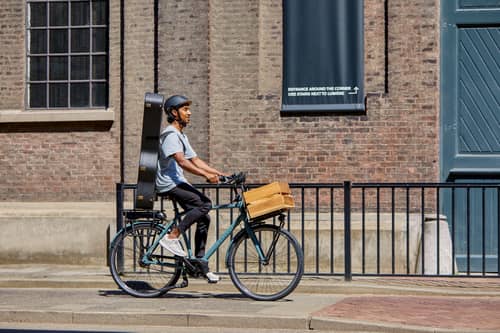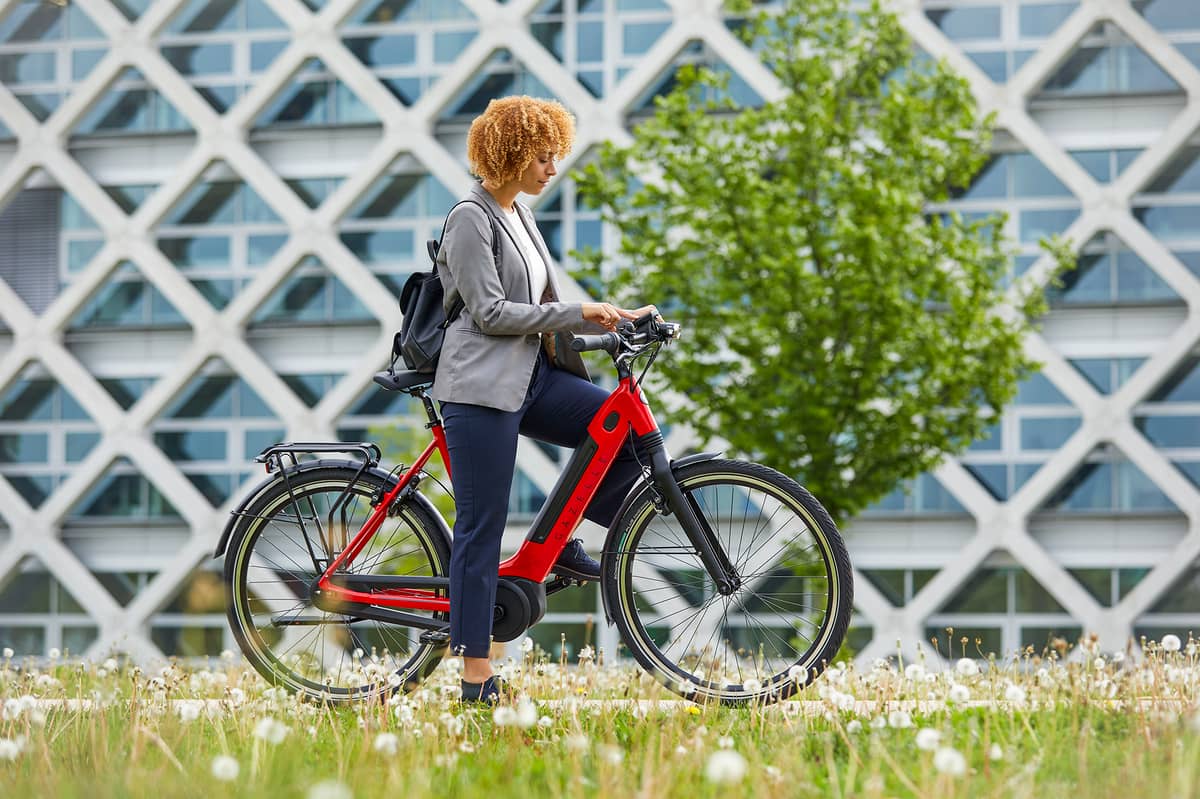
The correct tire pressure plays a decisive role in cycling for the driving experience, the effort and not least the safety. It also influences the service life of the tires. It is therefore important to observe the correct tire pressure and adjust it accordingly.
Driving with underinflated tires can cause significant damage to the tire. Whether it's a clincher or folding tire, underinflation can cause kinks and wrinkles that make the tire unstable. The rubber compound can wear itself out or the carcass can become brittle, affecting long-term stability. This ultimately leads to the tire having to be replaced. In addition, bumps can damage the rim, which leads to additional costs for replacing wheels, tires and tubes.
Underinflation of the tire also results in reduced grip. Although the tire has a larger contact area, the entire tire structure requires the correct air pressure to ensure stability. If this stability is lacking, the tire can waltz back and forth, resulting in an unsafe driving experience. Steering becomes spongy, and when cornering, there is a risk of the tire jumping off the rim, increasing the risk of a fall.
Underinflated tires also increase the risk of punctures. If the wheel receives a hard blow, so-called "snakebites" can occur, where the tube is damaged by two holes that look like the bite of a poisonous snake. The lower the tire pressure, the higher the risk of such a puncture. So adequate air pressure increases the chances of getting to your destination without a puncture.
On the other hand, too much tire pressure is not ideal either. Too much air in the tires impairs ride comfort because the tires lose their springy effect. However, tightly inflated tires roll more easily, which saves power and can slightly increase the range on e-bikes. Choosing the right pressure is therefore a trade-off between comfort, safety and rolling resistance.
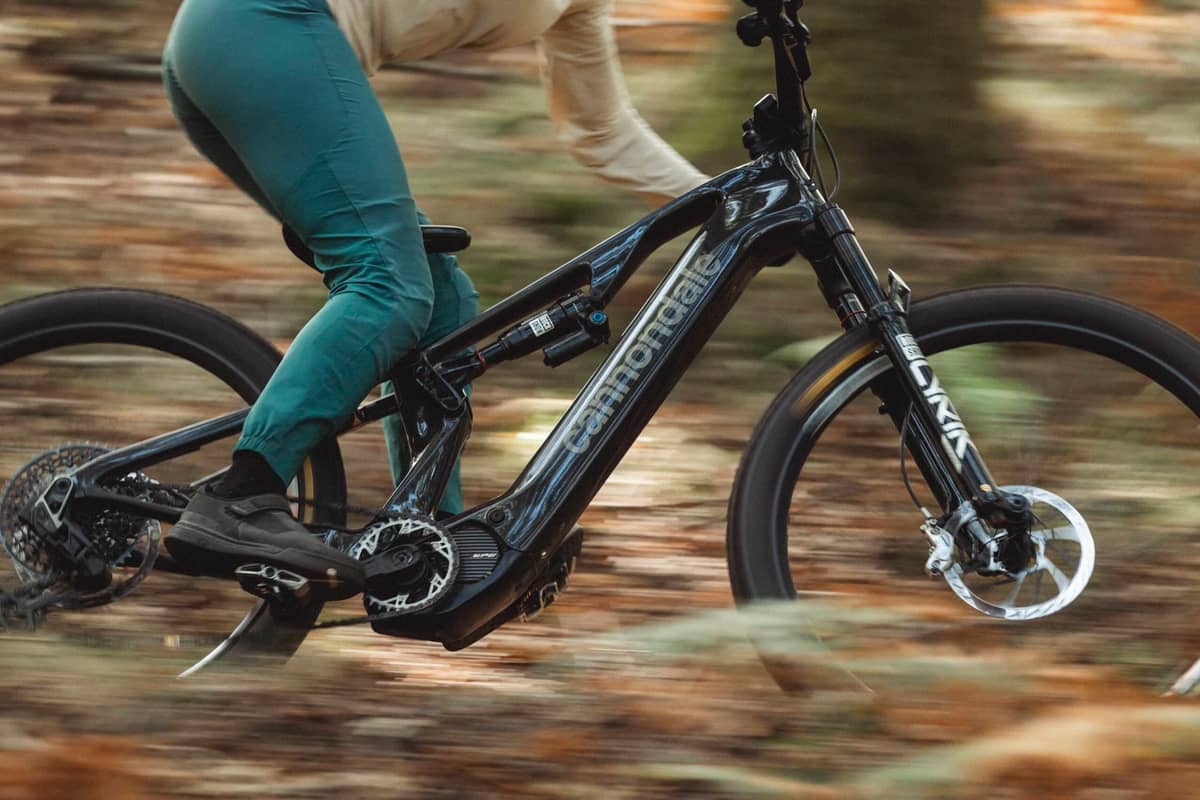
There is no universal recommendation for the correct tire pressure, as various factors such as tire size, rider weight and the surface play a role. Manufacturers usually specify a minimum and maximum tire pressure, which is indicated on the casing. As a rule of thumb, these values should not be undercut or exceeded. Thin tires, such as those on road bikes, usually require a higher pressure. The intended use and load should also be considered. Heavier riders or riders with a lot of luggage should tend to choose a higher air pressure to ensure stability. For e-bikes, a higher tire pressure is also recommended due to the weight they carry.
To check the tire pressure, a floor pump with pressure gauge is recommended. The "thumb test" is inaccurate. It is advisable to check the tire pressure regularly, as bicycle tubes lose an average of about 1 bar of pressure per month. Especially before longer tours, the tire pressure should be checked a few days in advance.
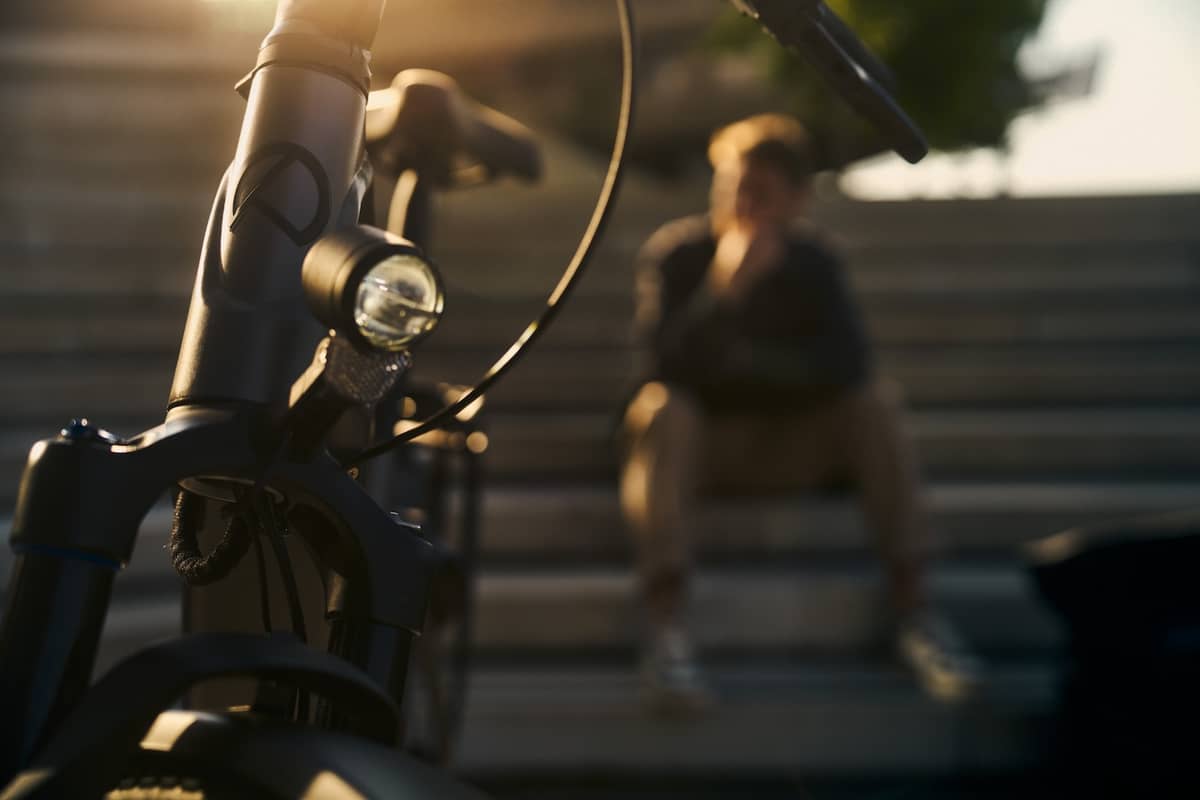
In summary, the correct tire pressure for e-biking is crucial for riding comfort, safety and the service life of the tires. Underinflation can lead to wear, reduced grip and increased risk of punctures. Overinflation affects ride comfort but increases rolling resistance. It is important to follow the manufacturer's instructions, check the tire pressure regularly and adjust it accordingly to ensure the best driving experience and optimum safety.
And if your Job bike does break down, Lease a Bike's Europe-wide mobility guarantee will help you with 24/7 breakdown assistance. The all-round cover also includes theft and damage protection, a budget for wear and tear repairs and various inspections (depending on the option selected). Please contact us if you have any further questions.
To ensure that your new bike is a safe and functioning companion for work and leisure, you should have it serviced regularly. You can easily carry out some maintenance yourself without contacting a professional. We have summarized some tips and tricks.
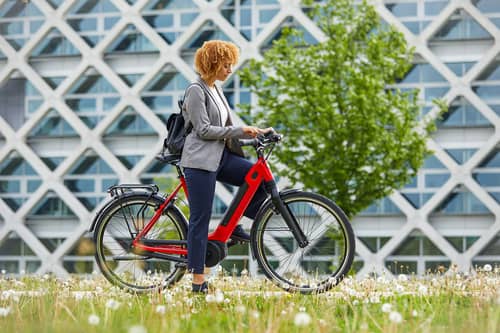
Spring is coming with the first blossoms and longer days, and it's time to get the bike out of the basement or garage. If you want to make your bike fit for the coming biking season, you will find useful tips here.
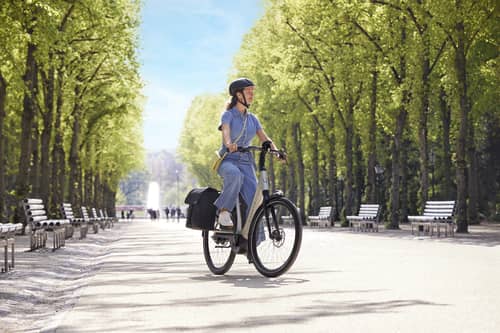
E-bikes have established themselves as a permanent fixture in urban areas, i.e. cities, and are enjoying great popularity. In rural areas, they are also gaining more and more fans, as they are motorized in an environmentally friendly way, making it easier to cover longer distances. The motorization of e-bikes offers a real advantage over non-motorized bicycles.
